Report released Tuesday seeks up to $20 billion for possible federal infrastructure stimulus in Colorado
COLORADO SPRINGS, Colo. (KRDO) -- It's a plan that sounds almost too good to be true; one that can create thousands of jobs, repair crumbling infrastructure and revitalize an economy struggling to recover from a recession caused by the COVID-19 pandemic.
But there's a catch, and a big one. It requires an investment of between $17 billion and $20 billion in Colorado.
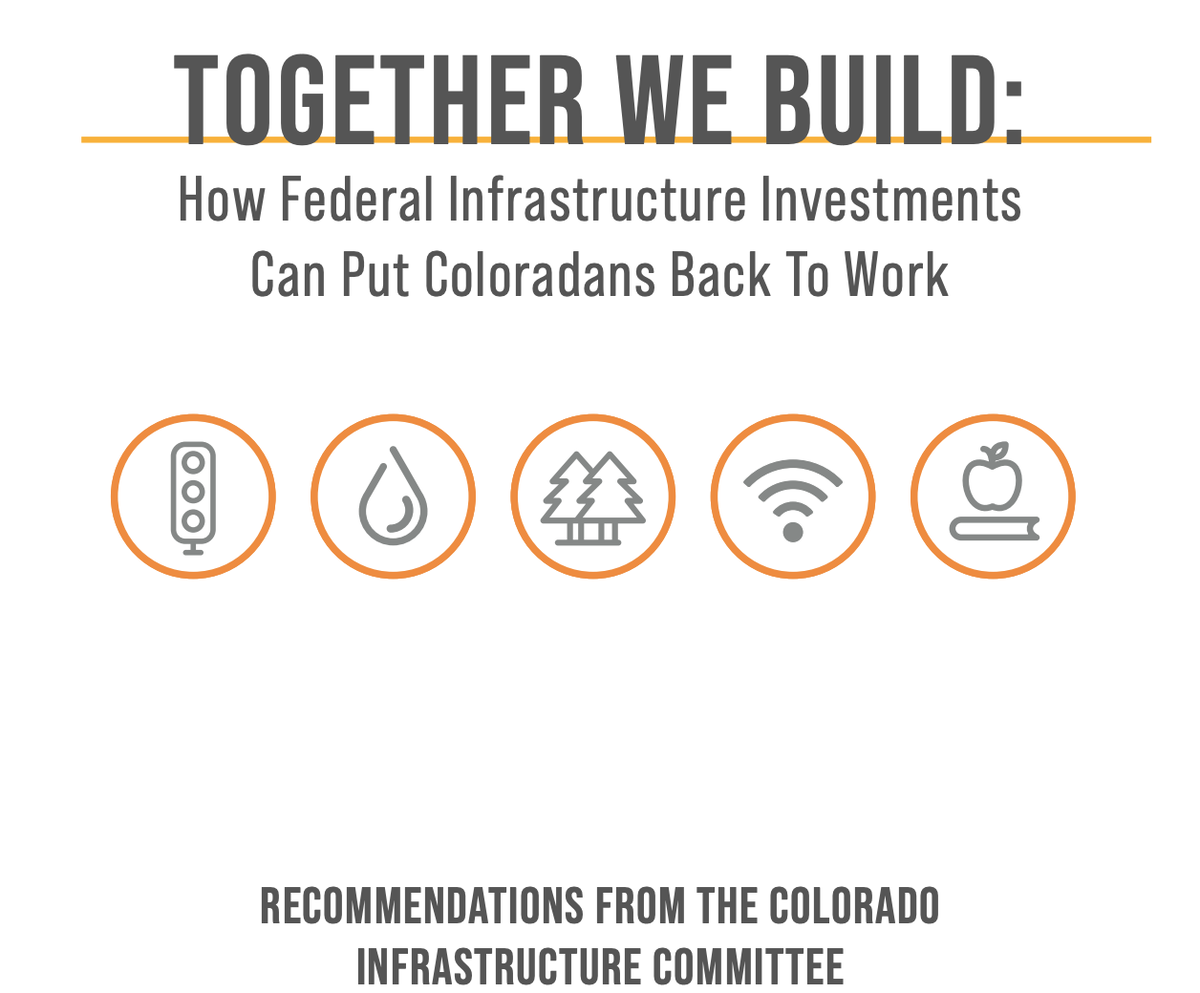
The plan, released Tuesday, is included in a report, titled -- "Together we Build" -- by the Colorado Infrastructure Committee, a group of 70 statewide business leaders.
The committee was formed by Colorado Concern, a nonprofit political and pro-business organization.
Colorado Concern said that before the pandemic began, Congressional leaders were considering a national infrastructure stimulus program that would cost between $1 trillion and $2 trillion.
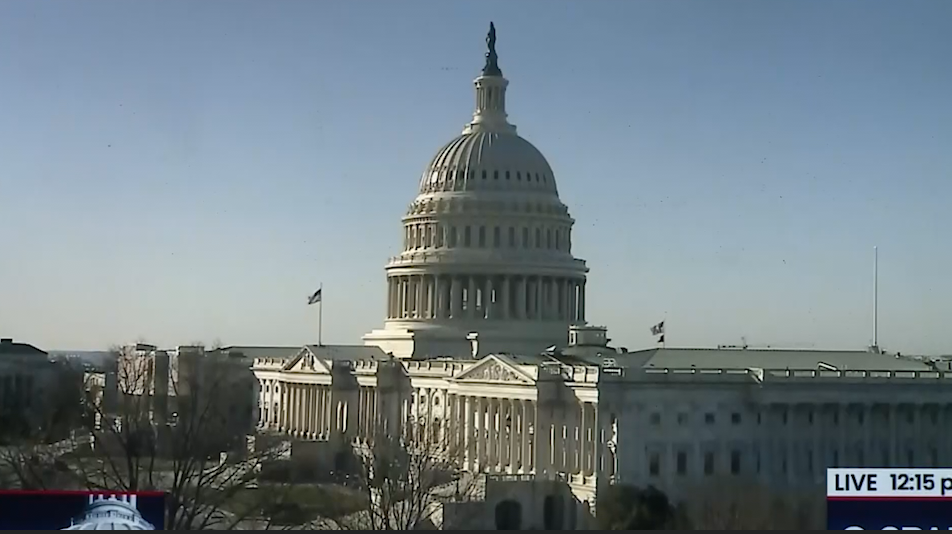
"Colorado's share of that money would be around $20 billion," said Colorado Springs Mayor John Suthers, a committee member. "We haven't often gotten our share of federal money, but if we get it this time we can do a lot with it."
According to the plan, much of that amount would be spent on transportation-related needs, with the rest spent on water infrastructure, energy/environment, local commerce/communication and education infrastructure.
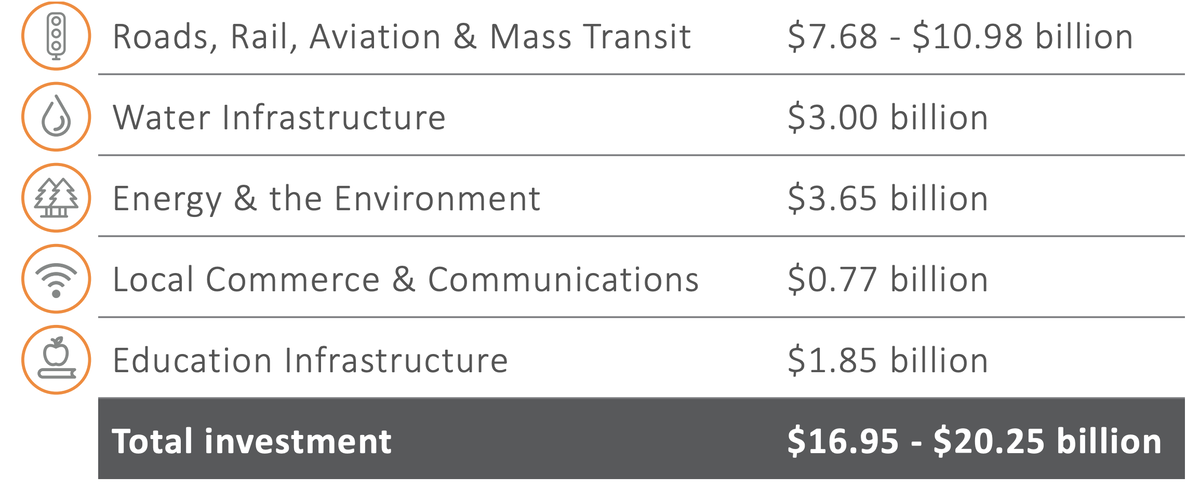
Suthers said the Pikes Peak region could receive $2 billion under the plan.
"We're going to do some safety things on Highway 94," he said. "Eventually, 94 is going to have to be much larger than it is. Eventually, Highway 24 is going to have to be much larger than it is. But there are also some transit hubs and things like that."
Mike Kopp, president and CEO of Colorado Concern, said the plan would create thousands of jobs, help the state and nation recover from the pandemic and allow Colorado to begin catching up on years of not getting the amount of federal infrastructure funding appropriate to its population size.
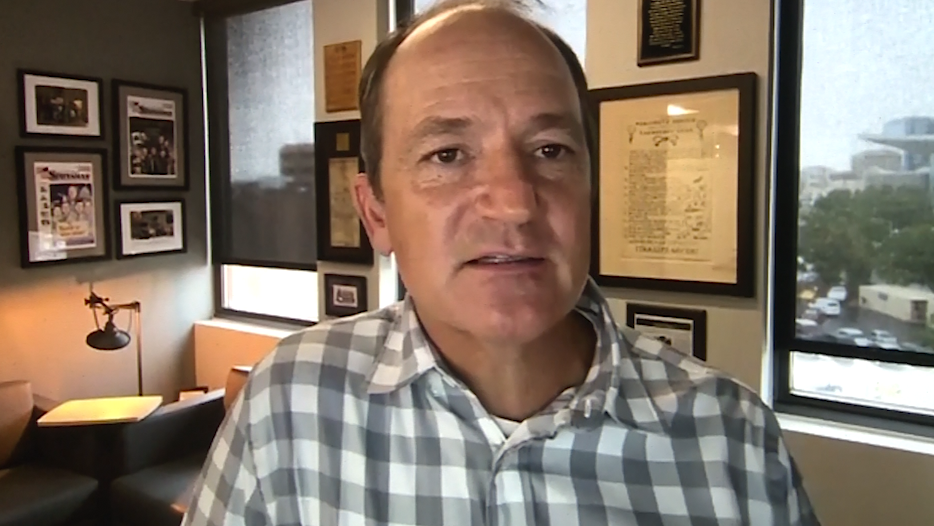
"Our purpose for doing this was to be able to present our Congressional delegation with numbers and specifics about how much funding we'd need and how we'd use it," he said. "We're the first state to do this, and I believe others will follow. Investing in infrastructure makes sense and it works. The timing is right for this."
Two reasons why transportation is such a priority are that the state continues to grow, and the most recent grades by the American Society of Civil Engineers rated Colorado's transit a C-, roads a C and bridges a C+.
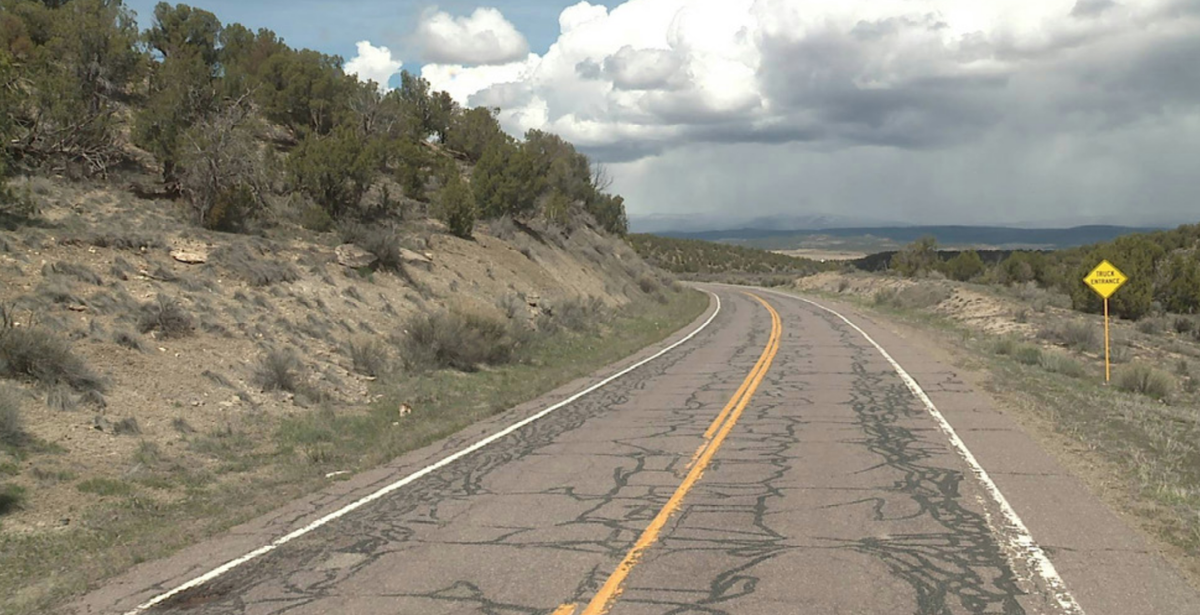
It's unclear how soon Congress may discuss and vote on a plan.
"My suspicion is that, probably, we will see bits and pieces of this," Kopp said. "I'd be delighted if Congress just decided to take up a package. That doesn't seem to be the language of the moment right now. Some of the agreement that Congress had before the pandemic has waned a bit. But we remain optimistic."
Kopp said projects included in the plan will likely take between five and ten years to complete.

Congress tried a similar infrastructure stimulus after the 2008 recession and some experts believe it failed to meet expectations.
Suthers explained why.
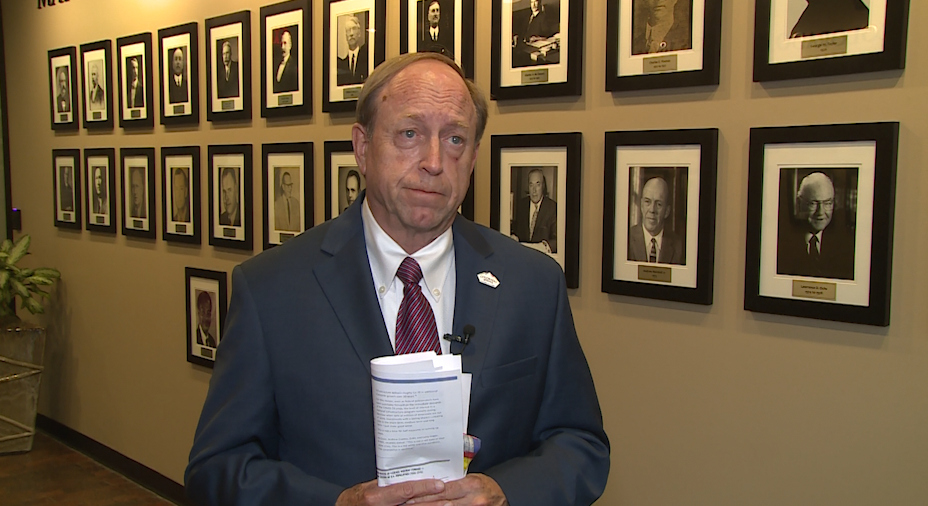
"It's because that plan had fewer brick-and-mortar projects that the one we're considering now," he said. "There would be more results to actually see this time, and I think that could bring the support we need."
But the mayor said there's a downside to the plan, if it's approved.
"The federal government would have to borrow a lot of money to make this happen," he said. "We'll be saddled with ever greater debt -- not just us, but our children and grandchildren."
To see the full report, visit: https://coloradoconcern.com/wp-content/uploads/2020/07/Full-Infrastructure-Report.pdf.
